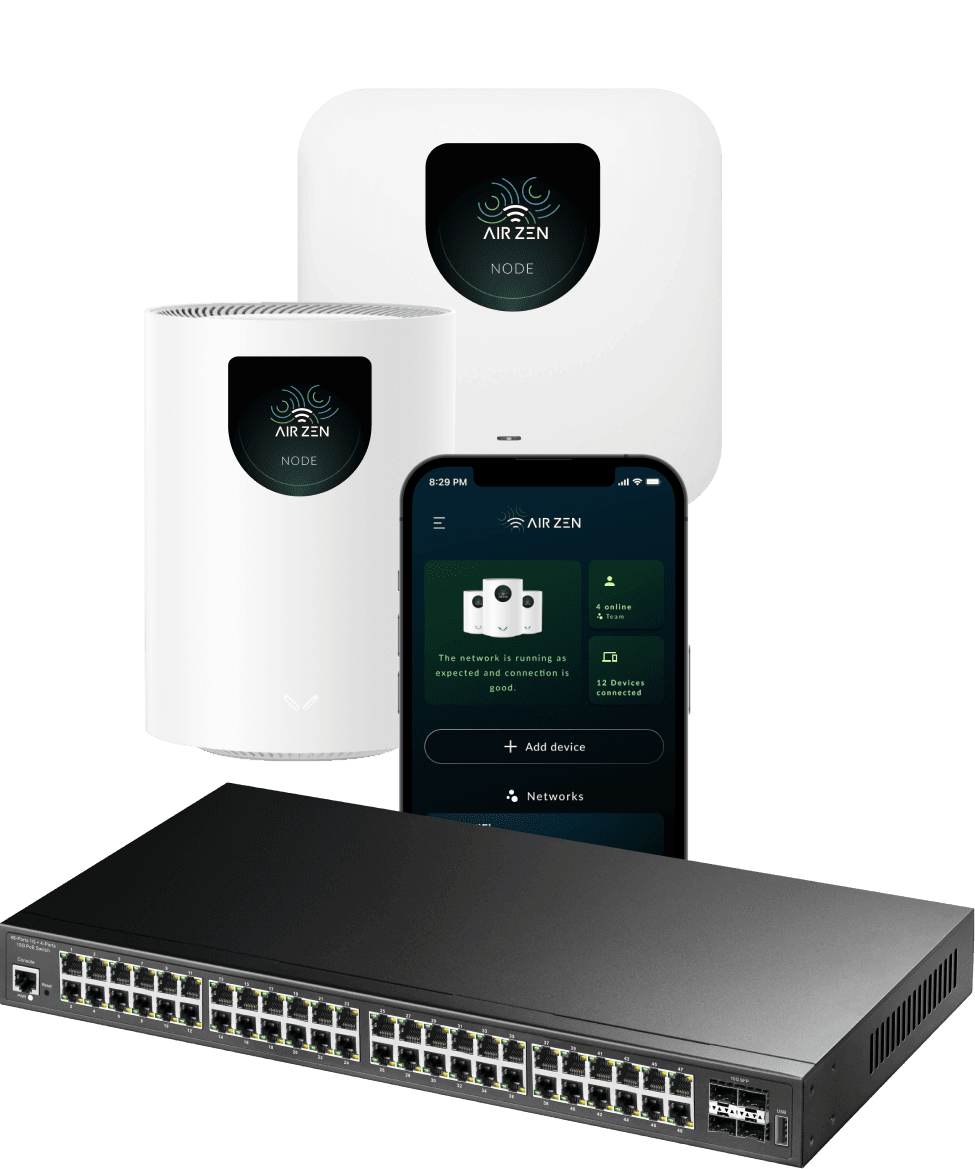Back to the Blog
Sep 4, 2024
Legally Compliant Guest WiFi: What Companies Need to Consider
A guest WiFi is an essential service for visitors, customers, and partners in many companies. However, without clear legal frameworks, it carries risks. How can a company offer a legally compliant guest WiFi while avoiding liability issues? Here are the key points:
1. Know the Legal Basis
The provision of WiFi is subject to certain legal regulations. In Germany, the so-called Störerhaftung (liability for interference) was abolished by the Telemedia Act, so providers of guest WiFi do not have to be held liable for the offenses of their users. Nevertheless, precautions are necessary to avoid legal problems.
2. Access Security
A legally compliant guest WiFi should be protected by appropriate access controls. These include personalized access codes or captive portals that require users to agree to certain terms of use. This not only protects the company but also helps document the usage.
3. Consent for Data Usage
The GDPR requires companies to transparently inform about the processing of personal data. Before users access the guest WiFi, they should be informed about the nature of data processing and asked for consent. This can be done via a pop-up window or a registration page.
4. Content Filtering and Monitoring
To prevent illegal activities, appropriate measures for content filtering should be implemented. These help restrict access to problematic content and enhance the network's security. However, the monitoring of data traffic should comply with data protection regulations.
5. Network Segmentation
An important security measure is network segmentation, where the guest WiFi is separated from the internal company network. This separation ensures that guests cannot access sensitive data and internal systems. This way, the main network remains protected while providing guests with secure internet access.
6. Bandwidth Management
To avoid network overload, the guest WiFi should be equipped with bandwidth management. This ensures that the available bandwidth is evenly distributed and that the internal network is not impaired by the use of the guest WiFi.
7. Automatic Security Updates
Security updates should be performed regularly and if possible automatically, to protect the WiFi from new threats. A managed service provider can help here to implement these updates promptly and thus maintain the security standard.
8. Collaboration with Specialized Providers
To ensure that the guest WiFi complies with legal requirements, it may be advisable to collaborate with a managed service provider. These providers have the necessary expertise and offer solutions that are both technically and legally up to date.
Conclusion
A legally compliant guest WiFi requires a thoughtful strategy to balance user-friendliness and legal requirements. With clear usage policies, access controls, data protection measures, and technical segmentation of the network, companies can securely and lawfully connect their guests.
Back to the Blog









































